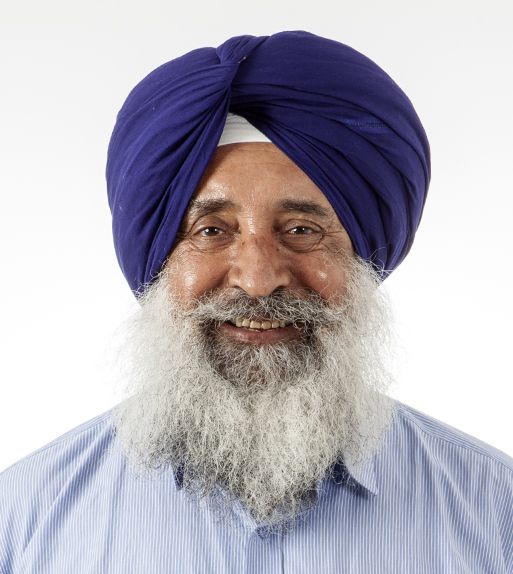Genes from ancestral relatives of wheat could boost its disease resistance, scientists say
FOR IMMEDIATE RELEASE
El Batán, Texcoco (Mexico), August 3, 2018
As societies consider the advantages and risks of modern biotechnology, including genetic modification and gene editing, a commentary by scientists from the John Innes Centre (JIC) and the International Maize and Wheat Improvement Center (CIMMYT), published in Science magazine today, highlights the potential for deploying genes from ancestral relatives of wheat to strengthen its disease resistance.
Spontaneous natural crosses between wild ancestors created bread wheat some 10,000 years ago. Subsequent domestication and breeding by humans has made it one of the world’s foremost food crops. This process has also lessened the crop’s genetic diversity for stress and disease resistances found in its wild relatives.
It is thus rare to find resistance to a new disease race among currently grown wheat varieties. Wild relatives of wheat provide a larger, naturally-occurring treasure trove of resistance.
Conventional cross-breeding is being used to transfer beneficial traits, including disease resistance, from wild relatives into today’s wheat varieties, but such transfers carry along many undesirable genes that must be removed through painstaking selection in repeated generations of breeding lines — a process that takes many years.
Meanwhile, rapidly emerging and evolving races of wheat stem rust and stripe rust diseases, the crop’s deadliest scourges worldwide, are quickly overcoming the genetic resistance of many widely grown wheat cultivars. Other wheat diseases are spreading beyond their place of origin. For example, wheat blast, which is native to South America, unexpectedly devastated parts of the wheat crop in Bangladesh in 2016. It could now spread to other areas at risk in South Asia, where wheat covers 15 million hectares and nearly a billion inhabitants eat wheat.
The Science article notes that research thus far has missed the opportunity of using some of the tools of modern biotechnology to more effectively access diversity from wild relatives of wheat and provide it with a “multilayered” disease resistance that pathogens could not easily overcome. The process is no different from what conventional crossing or natural out-crossing could do, except that it is faster, the chance of success is much higher and it may be the only affordable approach to provide durable resistance.
Fact-based decisions are needed by the international community and individual countries regarding the potential use of modern biotechnology to ensure food security. That use must reflect concerns of human and animal health and environmental safety, as well as respect to national sovereignty, regulations and procedures.
By the same token, decisions must take into account the interests of the people who are most affected when new diseases devastate livelihoods and drive up consumer prices: smallholder farmers and consumers in the developing world.
Click here to read CIMMYT’s position statement on genetic modification.
Click here to read the full article on Science magazine.
FOR MORE INFORMATION, CONTACT THE MEDIA TEAM:
Rodrigo Ordóñez, Communications Manager, CIMMYT. r.ordonez@cgiar.org, +52 (55) 5804 2004 ext. 1167.
Ricardo Curiel, Communications Officer, CIMMYT. r.curiel@cgiar.org, +52 (55) 5804 2004 ext. 1144.




